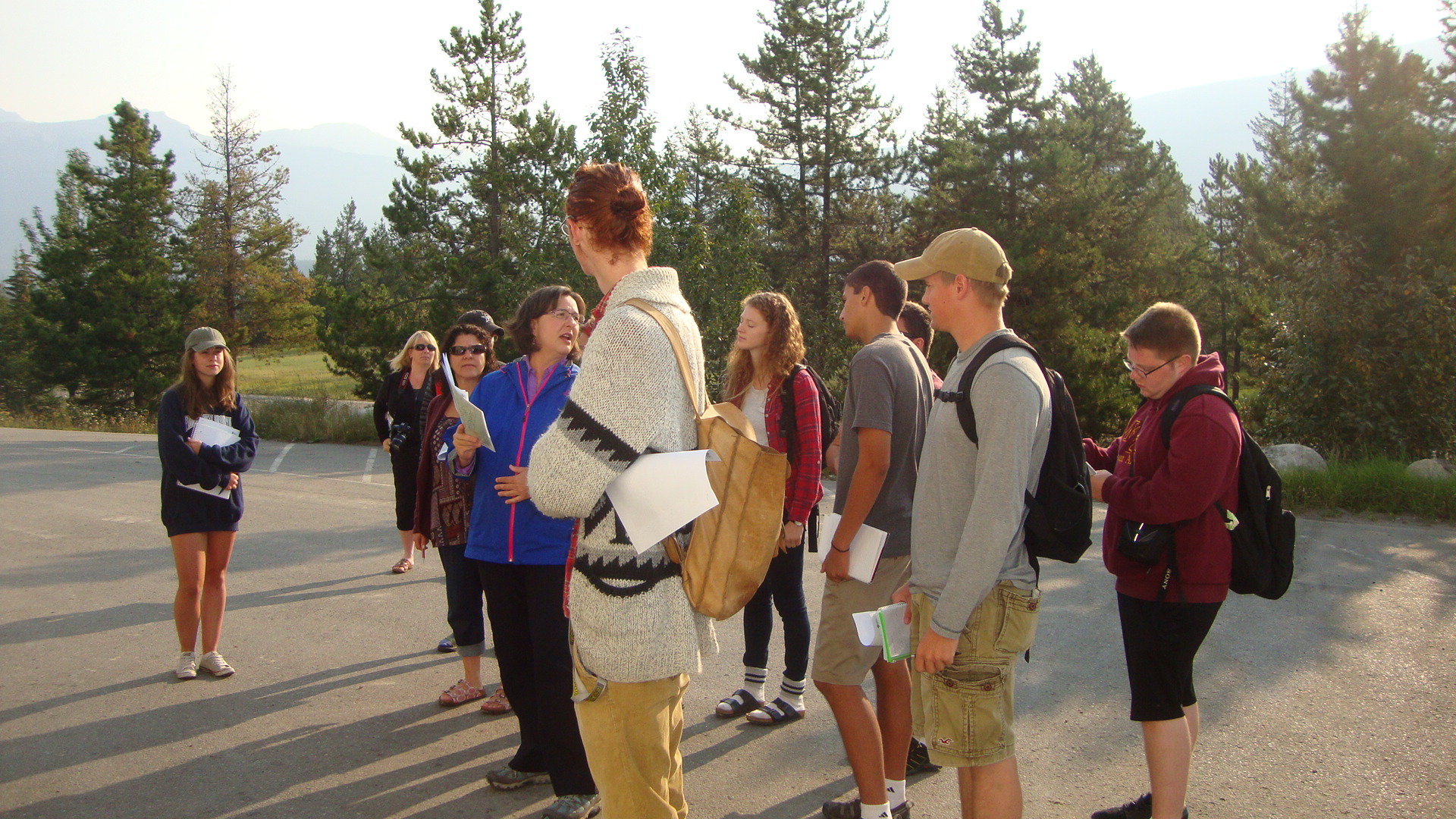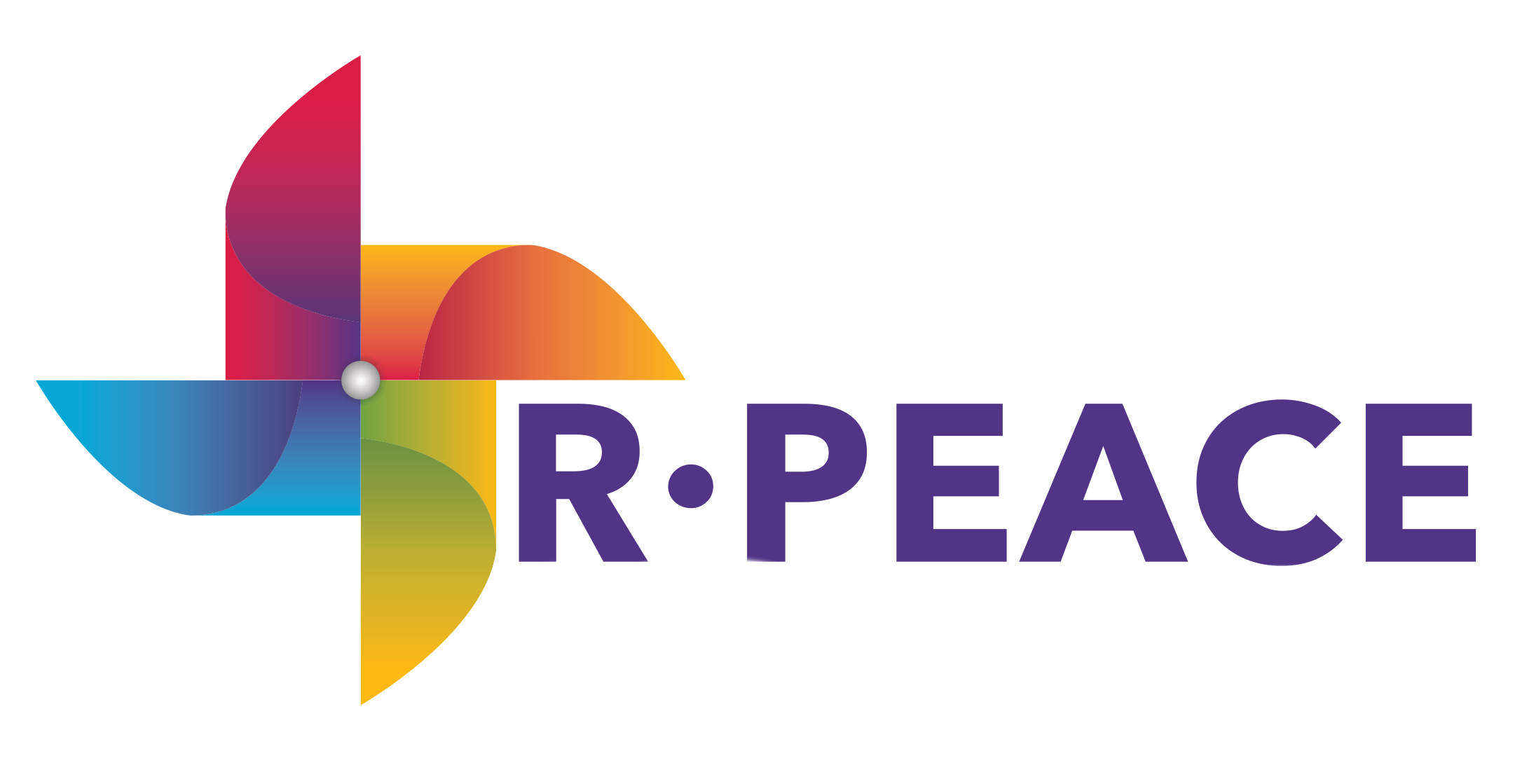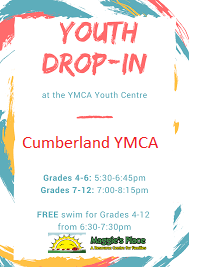Community Partnerships for Course Credit
R-PEACE faculty offer various opportunities to earn course credit through working with the community. If you're a student looking for great courses with an experiential learning component, check out these MtA courses!
Want to know more about CENL? Click here for more info.

What Do Students Get Up To?
R-PEACE and the Community Engaged Learning and Religious Studies Departments are all committed to providing students with interactive, meaningful experiences both inside and outside the classroom.
but enough from us, let the students tell you what they think!
Paid Internships
Students may pursue a paid internship in conjunction with community employers and faculty members. Not only will an internship provide students with valuable skills development and experience, but students will also have the opportunity to reflect on their experience using knowledge they have learned in both academic and applied contexts.
Curious as to what this can look like? Check out Mount A’s Experiential Learning office website here.
Looking for current opportunities? Log-in with your Mount A account here to see what’s available.
Volunteer Experience with Educational Reflection
Through volunteering, students can become active in the larger community, engage in social issues and work towards positive social change.
Recently, Sociology students participated in two community events to add a service learning and community engagement component to their academic activities. ‘Zumba for the Cure’ which raised money for the Canadian Breast Cancer Foundation, included several students involved in both planning and facilitating the Zumba class.
Students also participated in ‘Growing Our Community’, a part of the United Way’s Day of Caring for Southeastern New Brunswick, by preparing advertising and organizing supplies and activities for clients from Sackville’s Daybreak Centre and the Tantramar Family Resource Centre.
Right now, opportunities exist to do this kind of work in courses in Religious Studies, Geography and Environment, and Sociology--and we are growing more. Contact us to find out how to make this a reality for your course work at Mount Allison.

Community-Engaged Projects
Students have the opportunity to apply knowledge and skills they have learned in the classroom. Here are some examples of projects that allow them to lend a hand to local community groups.
Students in Service Sociology class bring learning outside the classroom
he appearance made by Covid-19 in 2020 did not stop students in the Service Sociology course from enhancing their emotionally intelligent leadership skills through a range of community engagement activities with local partners. One of these included half a dozen students who fostered strong leadership and communication skills working (safely) with youth at the Cumberland YMCA Youth Drop-In Night that often sees 50-60 youth ages 10-16 show up one evening per week. Another relationship was built when two international students worked with the Director of the Cumberland Restorative Justice Society to create and deliver a 1/2 day workshop to a group of adults focused on organizational skills & skills for coping with stress that was very well attended & received!
Students Team Up with Fact Checkers to Fight Fake News
In Dr. Erin Steuter’s Critical Media Analysis class, students completed a unit on fake news, one of Steuter’s areas of research and expertise, and then put their learning into practice. They found a perfect match — Exact NB, a non-profit group that helps citizens recognize disinformation about important issues, including health and politics. The students created a video, along with Professor Steuter, launched on National Fact-Checking Day, that helps the public examine fake news: its sources, who and why it negatively targets, why it gets shared so quickly, and how to deal with it systemically. Although students learn academic concepts in class, community-engaged learning allows them to understand the goals of a non-profit partner and develop skills to make their new-found knowledge accessible to a public audience.
Check out this article on MtA’s website here!
A super cool Exact NB video on the project can be accessed here.
For a student perspective on fake news, check out Lauren Beaton’s article here.
horizon health working groups
As part of their coursework for their Community-Based Participatory Research Methods class, sociology students worked with two Horizon Health Network working groups—food security and A community-based model of health care, to aid in conducting health needs assessments in different communities to determine future provincial health care needs. Other students worked with community members who wanted to start an after-hours youth drop-in centre in Sackville. Students carried out tasks ranging from developing survey tools, interpreting the results of surveys, planning and facilitating workshops, and writing reports.
Day camp for teens
In another departmental project, students developed and implemented a day camp for pre-teens aimed at fostering a positive self-image, developing critical thinking skills, raising awareness of inequalities, and becoming empowered. Students in the course developed their leadership abilities by taking their classroom knowledge and translating it into the development of educational, age-appropriate activities for the participants.
Research
There are opportunities for students to get involved in faculty research--alongside the directors of R-PEACE, or in connection with other faculty across campus.
Or, talk to R-PEACE about how to pursue an Honours degree, an Independent study, or to talk with your professor about including research that engages the wider community as part of your course requirements.

Skill Development and Training
There are opportunities for students to develop their skills through work with the community.
Sociology students partnered with Correctional Services Canada (CSC) for a Black History Month symposium last February. The event was a diversity and inclusion initiative for CSC employees and the community, which included guest speakers, watching and discussing the documentary 13th, which explores racism in the US prison system, and a panel discussion on ways to raise awareness about the experiences of racialized communities within the criminal justice system. As a result, students became more confident contributing to discussions on racism and the criminal justice system in Canada, which they carry with them in their future work.
In Fall 2018, students from the Sociology department will pursue a Program Evaluation with the Tantramar Heritage Trust (THT). Students will be able to bridge the gap between theoretical and practical by designing an evaluation that would include developing a program logic model, an evaluation plan, and a communication and usage plan for the THT. Students will carry out the program evaluation and collect data, which will result in a series of recommendations and a plan to support to recommendations, as well as an opportunity to reflect on their successes, hurdles, and lessons learned from the partnership. Contact us to learn more.
In Fall 2018, students from UNST 3991, Community Engaged Learning, will work with teachers from Marshview Middle School (MMS) and community members to put the principles of community-based education into practice. They will help to design and facilitate project-based learning for all students of MMS (Grades 5-8), in areas such as creative writing, outdoor education, culinary arts, environmental conservation, coding, and much more. We are planning a similar project for W 2019. Contact us to get involved.










